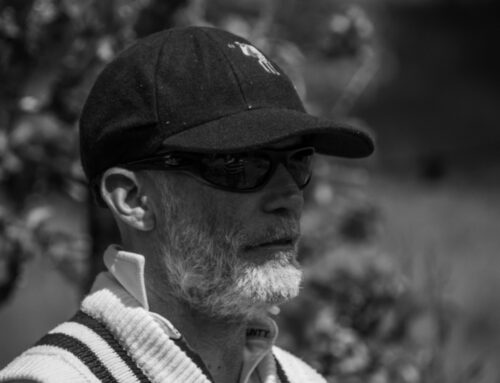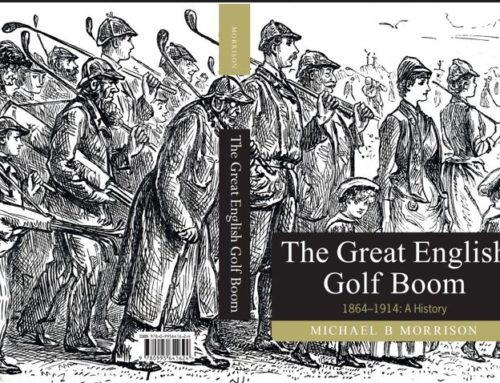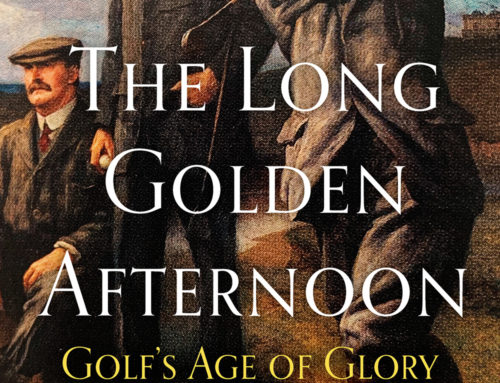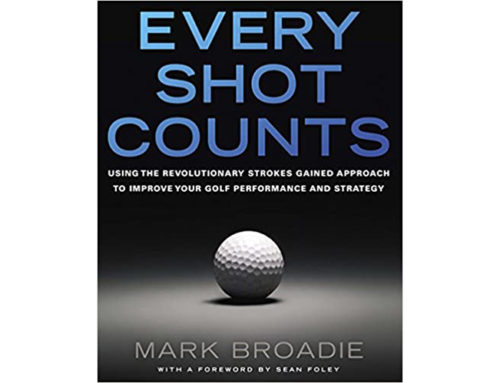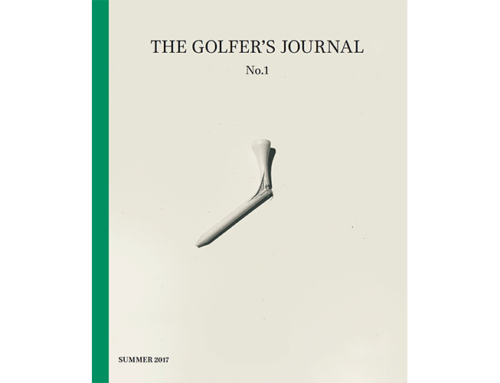 Bob Rotella is without a doubt the authority on all aspects of the mental golf game, gaining notoriety for his work with Professional players throughout the years and his writings which amateur golfers consume worldwide on their quest to achieving lower scores!
Bob Rotella is without a doubt the authority on all aspects of the mental golf game, gaining notoriety for his work with Professional players throughout the years and his writings which amateur golfers consume worldwide on their quest to achieving lower scores!
The book itself is short, with regular chapters and follows a helpful sequence of tips and areas of the mental game to help the amateur player. It is easy to apply some of the processes and techniques he teaches his students into their weekend games thanks to the simplicity of the book. This makes the book relevant, and easy to read without needing to shut yourself in a dark room and study for hours on end, in turn making it very accessible for golfers of all standards.
Despite playing amateur golf, Rotella is a student of the psychology of sports first and foremost and uses contrasts with other games like Basketball and Baseball to give credence to his techniques. With a stable of some of the best players on tour from the day like Seve and Tom Kite, Rotella talks about the insights he offers at critical times to his players which help them in those crucial moments that allow golfers to achieve greatness and WIN!
Like eating vegetables and exercising regularly assists ones health, all golfers would agree that practising the short game and blocking the technical swing thoughts that often invade the mind during competitive golf are key to success, however very few actually practice that, and Rotella focusses on helping the golfer apply these in difficult circumstances rather than simply preaching of their importance.
He also talks a lot about how people utilise practice facilities and spend time honing their game. Where the modern golfer simply chooses to beat balls and go straight to the long irons, Rotella wants to see the amateur practice from inside 120 yards primarily and gamify the process in the same way Seve did to create focus.
Published in 1995, the book is now beginning to show its age, so readers would be well served to go in without expectations of hearing about Tiger, and some of the more modern greats of the game. I think in future years the stage is set for another writer on the topic to build on Rotella’s concepts and build in more stories of the good, the bad and the ugly on tour! When you look at the differences among the greats of the game and the results they produce, the importance of having the right mental approach is unquestionably important!
The book also has a short summary at the back which could be used as a quick cheat-sheet for the amateur, and golfers around the world would benefit from reading these before they tee-it up in their club championship or any other competitive round. It’s obvious stuff, but as we all know a lot of people choose not to apply them.
A good read for someone wanting to improve their game, particularly improving their scores.
4*


